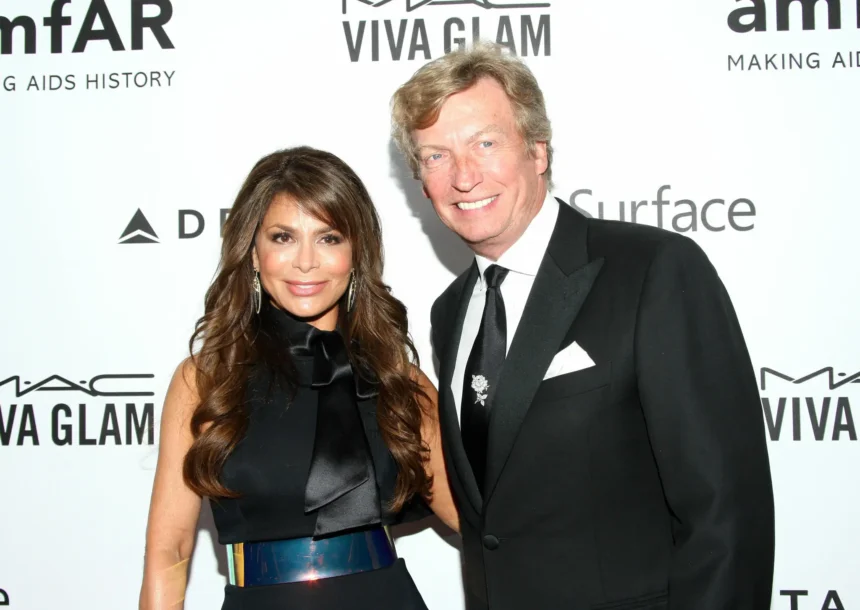Abdul Accuses Lythgoe of Sexual Assault: In a series of stunning allegations that have sent shockwaves through the entertainment industry, singer and former ‘American Idol’ judge Paula Abdul has filed a lawsuit against Nigel Lythgoe, the renowned executive producer of ‘American Idol’ and ‘So You Think You Can Dance.’ Abdul’s accusations detail a harrowing series of events where she claims to have been sexually assaulted and harassed during her tenure on these popular television shows.
The Allegations
According to reports from multiple reputable sources Abdul alleges that Lythgoe subjected her to multiple instances of sexual assault and harassment during the early seasons of ‘American Idol‘ and later when she was a judge on ‘So You Think You Can Dance.’ The most notable alleged incidents include:


- Assault in a Hotel Elevator: Abdul claims that during one of ‘American Idol’s’ initial seasons, Lythgoe assaulted her in a hotel elevator by shoving her against the wall, grabbing her genitals and breasts, and forcibly kissing her.
- Second Assault at Lythgoe’s Home: Years later, Abdul alleges that Lythgoe invited her to his home under the guise of a professional dinner, where he again attempted to force himself on her, proclaiming they would make an excellent “power couple.”
- Witnessed Assault on an Assistant: Abdul also claims to have witnessed Lythgoe sexually assault one of her assistants in 2015.
The Lawsuit
Abdul’s lawsuit is filed under California’s Sexual Abuse and Cover-Up Accountability Act, allowing her to seek legal recourse despite the potential expiration of the statute of limitations. The suit names Lythgoe, 19 Entertainment, FremantleMedia North America, American Idol Productions, and Dance Nation Productions as defendants, alleging sexual assault/battery, sexual harassment, gender violence, and negligence.
The Industry’s Silent Complicity
Abdul’s allegations shed light on what she describes as an industry pattern of protecting powerful men and silencing survivors of sexual assault and harassment. She contends that fear of retaliation and being blackballed from the industry kept her silent for years. This sentiment is echoed across the industry, where many victims of sexual misconduct have historically remained silent due to similar fears.
The Response
As of the latest updates, representatives for Lythgoe and the involved production companies have not provided comments on the allegations. The entertainment industry, known for its close-knit and often protective nature, is now under scrutiny as this high-profile case unfolds.
Paula Abdul’s lawsuit against Nigel Lythgoe is more than just a legal battle; it’s a poignant moment in the ongoing struggle against sexual misconduct in the entertainment industry. As the case proceeds, it will undoubtedly prompt discussions on the mechanisms of power, the culture of silence, and the need for systemic change to protect individuals from abuse and harassment. The entertainment world watches closely as Abdul’s courage in speaking out adds a significant voice to the chorus demanding change and accountability.



